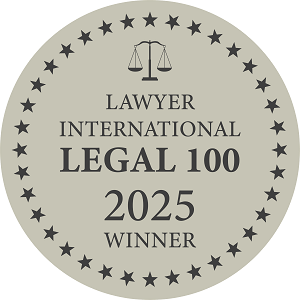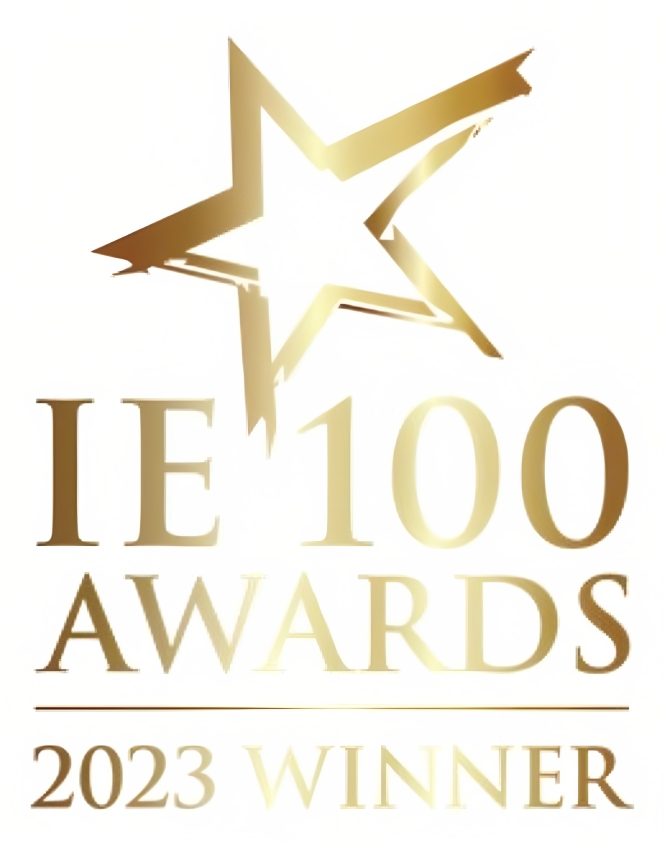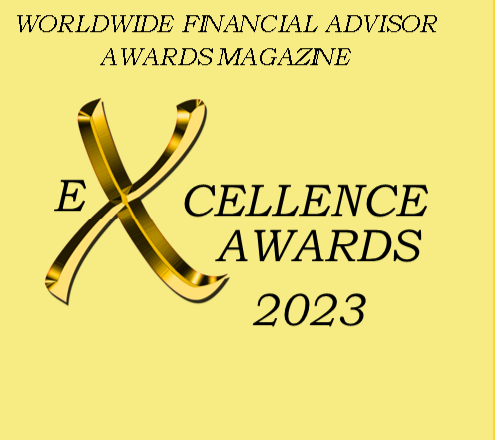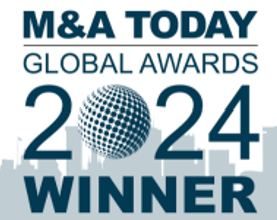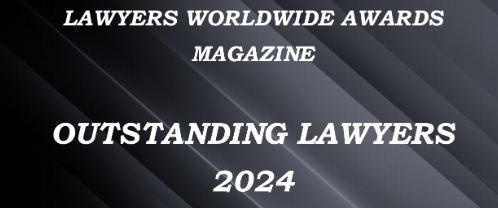"Is the death of business cards bad for networking?"- Cavendish Employment Law Limited's Feature
Returning from conferences and meetings with a stack of business cards used to be a sign of some successful networking.
Even the rise of networking websites like LinkedIn did not seem to threaten the popularity of the humble business card for many years, as handing over physical cards was seen to be more personal when meeting new business contacts.
But less than a quarter of people in the UK who have ever given out business cards have continued to do so in the past year, according to a survey by market research firm Ipsos.
Mario Cugini, asset management expert at PA Consulting, says business cards are increasingly becoming "a relic of the past", with many fund professionals not having exchanged business cards since before the pandemic.
Cugini says the shift to virtual meetings has accelerated this trend, but consciousness of sustainability has also played a role.
"Business cards feel quite 'old school' nowadays," he adds.
While technology gave people the opportunity to drop business cards years ago, changes to working practices ushered in by Covid have accelerated the shift.
Chris Woodman, chief executive officer of Leadenhall Consulting, a human resources and leadership consultancy, says business cards were "killed" by technology and Covid.
Asset management staff, depending on their role, have returned to face-to-face meetings, and are supplementing this with "more efficient" online meetings, he says.
But despite face-to-face meetings remaining a "valuable" means to build trust and for more in-depth discussions, business cards are used less and less.
The future looks bleak for the business card, with only one in five current users telling Ipsos that they are likely to carry on doing so in two years' time.
However, its loss has not been detrimental to networking, experts say.
Caroline Walker, managing director at Cavendish Employment Law, says that even where networking takes place face to face, the holding and storing of contact information is now frequently in digital form.
"[This] is perhaps why the traditional business cards are appearing somewhat out of touch and old fashioned," she says.
Cugini says people use platforms such as LinkedIn more to make contacts and "grow their network".
The most common reason for people to stop using business cards, given by 71 per cent of respondents to the Ipsos survey, was that they have no need for them anymore.
Digital cards or ecards, which can be accessed online or through a QR code, are seen by some as an alternative to physical business cards, particularly by many younger people.
Ipsos' survey found that 37 per cent of 16 to 34 year olds are interested in having digital cards, compared with just 7 per cent of 55 to 75 year olds.
Walker says ecards are now used in conjunction with traditional business cards and have become more popular due to their ease of use, convenience in storing the data and the fact they provide valuable marketing data.
"Some may say it is due to the convenience of the ecard being integrated with the [customer relationship management] system," she says.
"Others prefer the hygienic way ecards share data or aid the new way we all work and live in a digital age."
Walker adds that the use of ecards reflects that "we live in an age where most of our data and communication is online, and we store and process contact information digitally".
"It adds convenience and enables businesses to track the experience of users by having a software tracking QR code, which optimises marketing and networking activities by showing the location and time of the scan," she says.
Woodman says people can use their emails, CRMs and LinkedIn connections in the same way they used to use a Rolodex.
"Handing out bits of card is no longer part of the process," he says.
(Article by Dom Lawson featuring in the Financial Times)
Do you have a high value employment claim as a senior employee or executive in the UK?
Our experts can help
Contact UsContact us for immediate confidential advice. Out of Hours and Weekend help available
Client Testimonials
It would not be an exaggeration to say that I was extremely pessimistic about being able to get a decent redundancy settlement. I was feeling really low and depressed. That all changed when Caroline Walker agreed to act for me.She secured an excellent settlement for me, without me having to face the expense and stress of going to court...
- Martine Roberts"I cannot recommend you highly enough. A law firm that really delivers all it promises. I never thought I would say that I found the costs reasonable, but I did, and I will never get over how much you secured for me in a totally unexpected settlement. It has set me up for the next chapter in my life. Thank you, thank you."
- J. Brown"I would like to thank you for your exceptional service. You and your firm Cavendish Employment Law have been brilliant in your responsiveness and legal advice. We have had numerous time sensitive and complex issues. You always delivered for our company in spite of very challenging timelines. I highly recommend you and your firm."
- John McVeighIt would not be an exaggeration to say that I was extremely pessimistic about being able to get a decent redundancy settlement. I was feeling really low and depressed. That all changed when Caroline Walker agreed to act for me.She secured an excellent settlement for me, without me having to face the expense and stress of going to court...
- Martine Roberts"I cannot recommend Caroline more highly. Any client of hers is really fortunate to have her on their side. She is a credit to her profession and I am most grateful to her."
- Jake Brown

